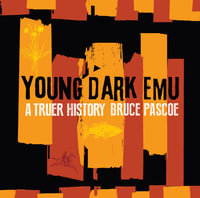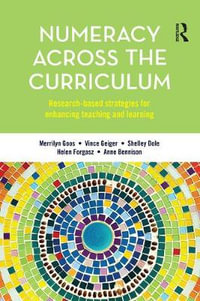Impressionism captured the world's imagination in the late nineteenth-century. Portraying the sensations left behind as modernity progressed, impressionist artists revolutionized the arts and the wider culture. Impressionism transformed painting and literature, and later film and advertising, and introduced new ways to look at and think about objects. Its legacy can be felt in a range of examples in popular and high culture, from cubism and the works of Zadie Smith and W. G. Sebald to advertisements for Pepsi and the observations of Oliver Sacks and Malcolm Gladwell. Yet despite impressionism's ongoing aesthetic and cultural domination, the movement has also been associated with superficiality and commodified kitsch.
Jesse Matz considers these two versions of impression-the timeless and the negative-to explain the genre's significance today. He examines impressionism's footprint in the way we define "good" and "bad" art and in our imagining and reimagining of the status and aesthetics of art. As Lasting Impressions moves through contemporary literature, painting, and popular culture, Matz explains how the perceptual role, cultural effects, and social implications of impressionism continue to generate meaning and foster new forms of creativity, understanding, and public engagement.
Industry Reviews
Lasting Impressions shrewdly explores a fascinating, strikingly under-researched topic, namely that impressionism remains a powerful cultural presence in ways that have tended to elude definition. Examining a variety of areas such as advertising, painting, music, and postcolonial and contemporary fiction, Jesse Matz argues that impressionism's seminal configuration of the project of modern representation has continued to shape cultural discourses and practices long after modernism. An extremely interesting and important work. -- Max Saunders, King's College London Lasting Impressions revitalizes our understanding of impressionism by showing just how strong its legacies are. Ranging widely across painting, music, narrative, and film, Matz argues in eloquent readings that in opening a gap between the authority of our perceptions and the stories we construct from them, impressionism leads to the most vibrant and intractable aesthetic problems we inherit today. This book will be invaluable to anyone interested in the unstable divide between art and its co-optation, high culture and kitsch, real experience and artistic fraud. -- Tamar Katz, author of Impressionist Subjects: Gender, Interiority, and Modernist Fiction in England Brilliant and original in its arguments, impressive in its range and command of reference, and written in an invigorating style, Lasting Impressions will be essential reading for anyone interested in impressionism, the modernist movement in the arts, and the wider question of how modern culture has imagined and reimagined the status of art and the aesthetic. Every chapter is full of rewarding insights and provocative, challenging ideas. -- Adam Parkes, University of Georgia Written with the same elegance that characterizes its enduring subject, Lasting Impressions moves nimbly across time to uncover the indomitable energy with which impressionism informs new critical and transmedial configurations. By revealing how the perceptual problem of the impression continues to inspire charismatic narratives of cultural and aesthetic emergence, Jesse Matz deftly shows that impressionism remains a living mode of reflection on the very possibilities of contemporary art and literature. -- David James, Queen Mary, University of London and author of Modernist Futures Lasting Impressions poses two elemental questions: what makes art relevant, and how do we know things? Matz answers these questions in this landmark study, which traces the cultural contradictions surrounding impressionism from its origins in the nineteenth century to its manifestations in the twenty-first century. Matz's capacious aesthetic history, his second study of impressionism, will be essential for scholars seeking to understand modernism's multiple legacies. -- Urmila Seshagiri, author of Race and the Modernist Imagination
























